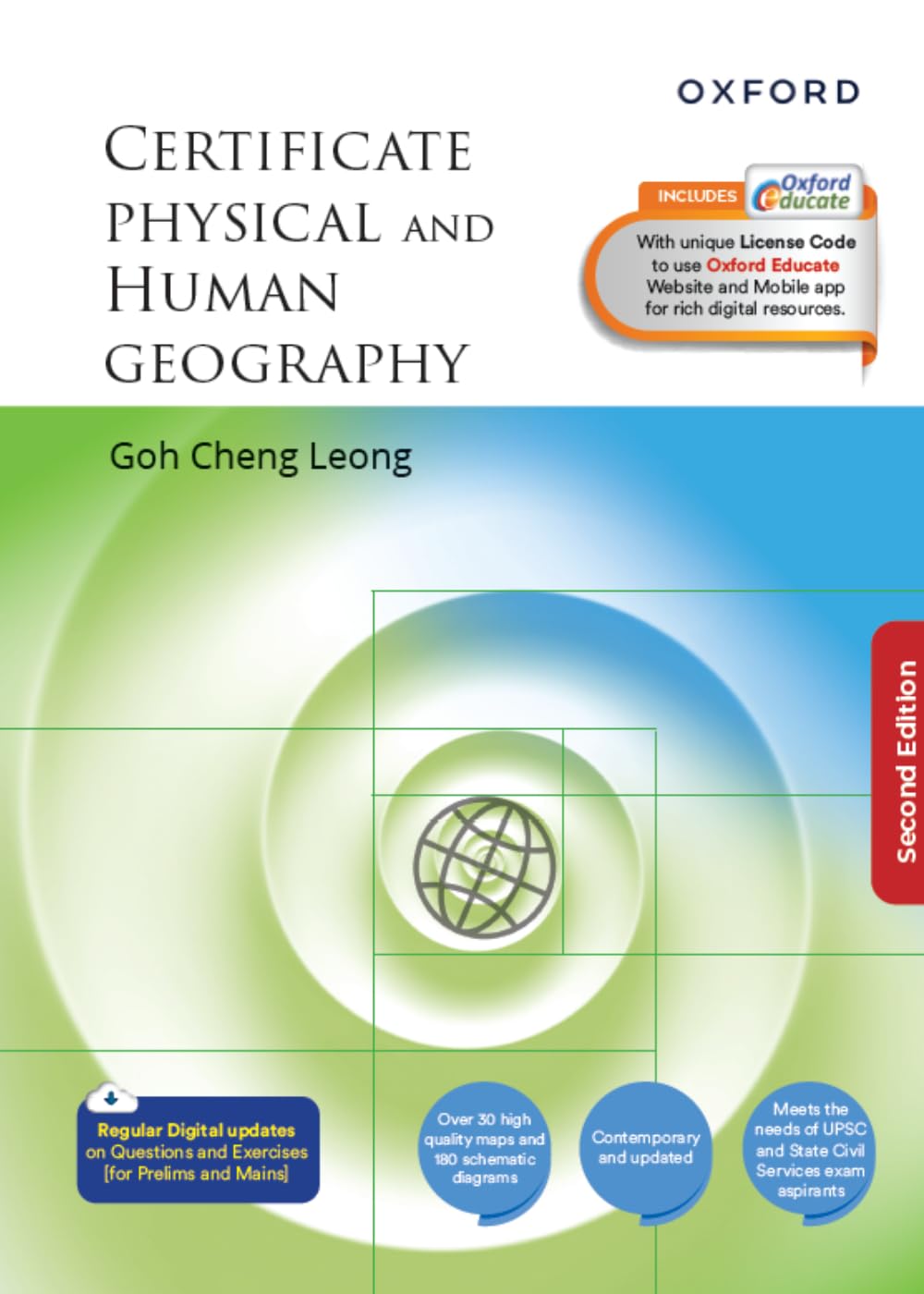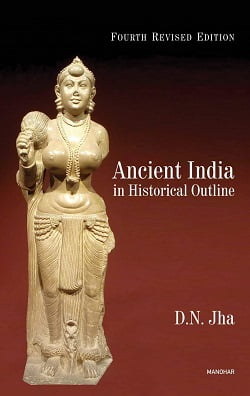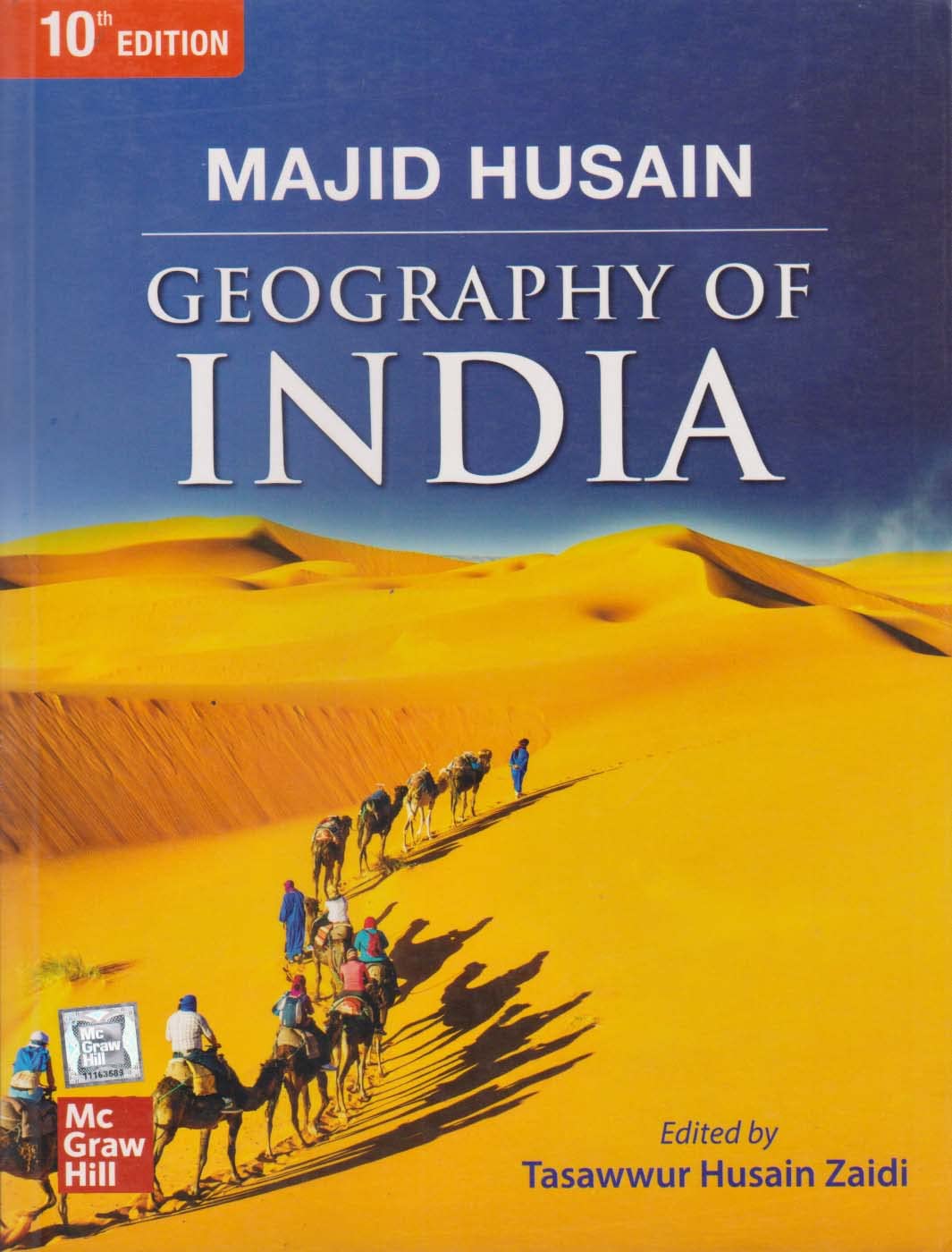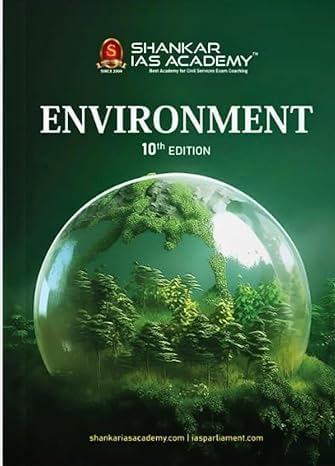
UPSC Reference Books
For aspirants preparing for the UPSC examinations, selecting the right reference books is crucial to mastering the vast syllabus. This page serves as a comprehensive guide to recommended texts across various subjects including History, Geography, Polity, Economy, Environment, and General Science.
The recommendations emphasize starting with NCERT books to build a strong foundational understanding before moving on to specialized reference materials. Each subject section outlines key texts and provides insights into their strengths and weaknesses, helping candidates make informed choices that align with their study strategies. By focusing on a select few high-quality resources, aspirants can efficiently manage their study time and enhance their preparation for both prelims and mains.
Explore the curated list of reference books to streamline your UPSC journey and maximize your chances of success.
A. History
1. Ancient and Medieval History of India
“For History, first go through all NCERT books from class 6 to 12; only then should you refer to additional reference books.”
Download pdf: WONDER THAT WAS INDIA
| Ancient India | Medieval India |
|---|---|
| 1. Ancient and Medieval India by Poonam Dahiya | 1. Ancient and Medieval India by Poonam Dahiya |
| 2. D N Jha | 2. Satish Chandra |
- Since you have too much to read you must not waste your time on many books.
- For Ancient and Medieval history there is one stop solution that is Poonam Dahiya book.
- You might find a PDF version of this book on the internet, but trust us, you need a physical copy.
- A plus point of this book is that it provides several questions based on both prelims and mains, so you don’t need to rush for a separate question bank.
Regarding D. N. Jha’s book, it is a well-known resource for studying ancient India and is written in an engaging narrative style. You will remember the background of many events, but unfortunately, you won’t find much relevant content for the UPSC exam. Second negative point is ideology. Writer of this book took charge over the content and we find exaggerated point of views many time.
Third Book is Satish Chandra for Medieval India is also well known and best to study medieval history. After reading this book you feel that you have masters in Medieval India but trust me you will forget and feel confuse after someday. Its because of the noisy nature of this book. Writer tried to give you everything of Medieval India but cause of book size he couldn’t able to do that. Thus, Satish Chandra has published two additional books on medieval India.!!! We really respect Satish Chandra and his efforts but aspirant must not forget about time to output ratio during your preparation. Here, Poonam Dahiya has the upper hand with a consolidated book on ancient and medieval India that does not compromise on content.
2. Modern India
| Author | Name of Book |
|---|---|
| 1. Bipan Chandra | India’s Struggle for Independence |
| 2. Poonam Dalal Dahiya | Modern India |
| 3. Spectrum Rajiv Ahir | A Brief History of Modern India |
| 4. Shekhar Bandopadhyay | From Plassey to Partition |
Bipan Chandra (India’s Struggle For Independence) If you are not familiar with modern India then you must read this book. Only 1 reading required. For Mains it is very important book. During mains preparation you need many revisions of Bipan Chandra.
Poonam Dalal Dahiya (Modern India) This book is specifically design for civil service examination. Instead of Bipan Chandra you can choose this book.
Spectrum Rajiv Ahir (A brief history of Modern India) After Bipan Chadra you must read spectrum. Revise this book many times as you can.
Sekhar Bandopadhyay (From Plassey to Partition) (If you have a lot of time)
Remember…
1st cover all NCERT ;
2nd Bipan Chandra or Poonam Dahiya;
3rd Spectrum.. Revise Spectrum many times
3. India After Independence
| Author | Name of Book |
|---|---|
| 1. Bipan Chandra | India Since Independence |
| 2. Ramachandra Guha | India After Gandhi |
You can choose anyone book among this two books.. Bipan Chandra wrote his book as historian where you need to have basic contextual information of topic. Where as India after Gandhi is like huge 800 page novel which has capacity to hold your attention. For both you need to take down notes.
4. World History
| Author | Name of Book |
|---|---|
| 1. Uddippan Mukherjee | Modern World History |
| 2. Norman Lowe | Mastering World History |
- U. Mukherjee written his book for Civil Service aspirants hence this book is more organized and covered almost full syllabus with many question answers.
- While N. Lowe’s book is more centered towards Political world History with geopolitical aspects
- If you are reading world history only for GS I then go for Modern World History by Uddippan Mukherjee but if you have optional subject such as History or Political Science then go through Mastering World History by Norman Love
B. Indian Society
“There is no particular reference book for Indian Society (UPSC Mains perspective). Topics related to the syllabus are linked to the subjects of Sociology and Anthropology; hence, you must cover these topics from various notes available online. However, before that, you should study the NCERT textbook on Sociology.”
NCERT Textbooks:
- Class XI: Sociology – Introducing Sociology
- Class XII: Sociology – Indian Society
- Class XII: Social Change and Development in India
Refer our notes on Society
C. Geography
For Geography, read all NCERT books of Geography from class 6th to 12th. Always keep 11th and 12th books of geography nearby study table and revised.. then go through reference books.
1. Indian Geography
| Author | Name of Book |
|---|---|
| 1. Majid Husain | Geography of India |
| 2. Arvind Kumar | Periyar Geography of India |
2. World Geography
| Author | Name of Book |
|---|---|
| 1. Majid Husain | World Geography |
| 2. Bhumika Saini | Indian and World Geography for UPSC |
3. Physical Geography
| Author | Name of Book |
|---|---|
| 1. Goh Cheng Leong | Certificate Physical and Human Geography |
| 2. Manjunath Thamminidhi | Physical Geography |


D. Indian Polity and Governance
Yes, M. Laxmikant is Bible for Indian Polity. Just read, revise and revise
E. International Relations


For International Relations, You can choose one book (ASHOK KUMAR/RAJESH KUMAR OR PAVNEET SINGH) according to your need.
D. Economic and Social Development
Before reading any reference book, go through NCERT Economy Text Books of class 10th, 11th and 12th.
Second Step go through Mrunal Lecture Series of Economy. (Youtube)
Now its time to read reference book of economy.
E. Environment
F. General Science
Refer NCERT Science books from class 6th to 10th and 11th plus 12th only Biology book. Just revise this material and solve previous years question papers.
-supplement with science reports + The Hindu/Indian Express
LET THE QUESTION PAPERS GUIDE YOUR JOURNEY OF UPSC
Other resources you must read
- Newspaper The Hindu or Indian Express
- Monthly Yojana Magazine
- Monthly Current affairs booklet
- Down to Earth magazine












